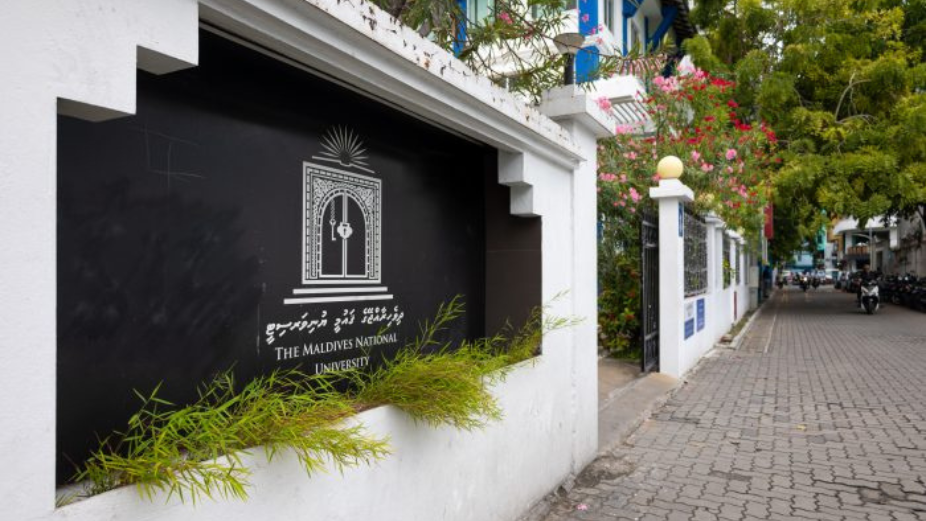
The Maldives National University (MNU) has successfully obtained global quality accreditation from the Quality Assurance Agency for Higher Education (QAA), a renowned higher education quality assurance authority.
This accreditation, known as the International Quality Review (IQR), follows a thorough two-year assessment process.
MNU offers 105 courses, with 50% at the undergraduate level, 10% at the master’s and postgraduate diploma level, and 40% in pre-degree and short courses. The university has a student population of over 7,000, consisting of 90% undergraduate and 10% postgraduate students. Female students comprise 73% of the total enrollment across faculties, except in the Faculty of Engineering, Science, and Technology.
MNU has graduated more than 33,000 students. As of May 2022, the university employed 555 teaching staff, including 285 full-time and 270 part-time members, with eight staff members retained on a project/consultancy basis. These teaching staff are distributed across MNU’s faculties and departments, with the School of Nursing having the largest staff at 35 full-time and part-time members in May 2022. The Centre for Maritime Studies and Educational Technology and Excellence have seven staff members each.
MNU’s educational philosophy is based on “iman” and “ilm” (Faith and Knowledge). The university aims to be the leading academic institution in the Maldives and the region, with a mission to “create, discover, preserve, and disseminate knowledge” for the cultural, social, and economic development of society.
MNU communicates its academic programs through its website, printed pamphlets, and social media. These programs are offered through six faculties, three schools, and two centres, covering various academic disciplines.
The university operates on five campuses, including the central campus in Greater Male’, with six different buildings. Additional campuses are located in Hithadhoo (Addu Atoll), Thinadhoo (GDh Atoll), Gan (Laamu Atoll), and Kulhudhuffushi (HDh Atoll).
MNU is committed to providing accessible and affordable higher education through its Outreach Centre (ORC) development strategy.
The current strategic plan for MNU, spanning from 2020 to 2025, outlines ten key goals, including a focus on academic excellence, research and innovation, the Maldivian identity, quality personnel, sustainable finances, good governance, wider societal engagement, a conducive working environment, student empowerment, and national, regional, and international cooperation.












